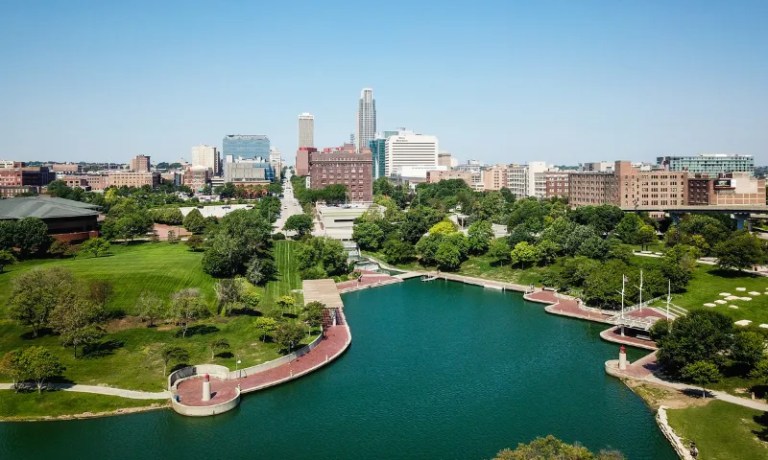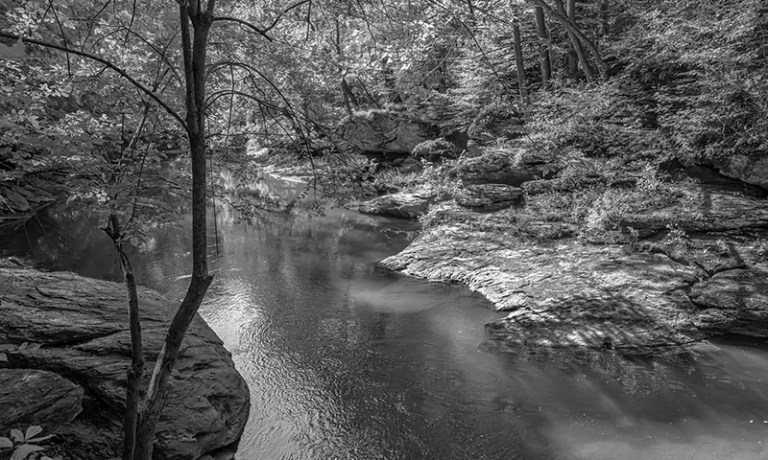The real cost of bottled water.
See how our bottleless water coolers compare.
Areas served
Offer a more sustainable solution for cleaner, better-tasting water on demand.
Fast, efficient, and reliable ice and water machines with advanced filtration.
Bottomless bubbles with built-in filtration for your modern workplace.
Better water makes better coffee. Give your people great-tasting coffee from best-in-class brewers.


Today, the Metropolitan Utilities District (M.U.D) monitors and maintains Omaha water quality. Omaha tap water is safe for drinking and general use. The M.U.D provides an average of 90 million gallons of water to Omaha residents daily. Water is distrusted to a population of almost 600,000 through a system of over 3,100 miles of water mains. Omaha drinking water is sourced from the Missouri and Platte Rivers and the Dakota sandstone aquifer. Omaha water quality is controlled and monitored at three water treatment plants. The M.U.D. uses chloramines in its water treatment process to kill bacteria.
The M.U.D. sometimes struggles with maintaining Omaha water quality because some of the city’s infrastructure dates back to the 1880s. The city has been working to update systems to accommodate the needs of Omaha residents but still faces challenges caused by legacy systems and drinking water sources. In 2011, a report by NBC News listed Omaha water quality as seventh on a list of ten US cities with the worst drinking water. The report cited testing that found that Omaha tap water contained levels of 20 different chemicals that were above health guidelines. Illegal amounts of atrazine, trihalomethanes, and manganese were all detected in drinking water.
Many different Native American tribes settled the land along the Missouri River before Omaha was established. The Lewis and Clark Expedition passed the area where present-day Omaha is located in 1804, shortly after fur trading posts started popping up in the area. The City Water Works Company was a private company established in the 1870s to control Omaha water quality.
But, as Omaha grew over time, city officials struggled with providing clean drinking water to the expanding population. The original waterworks built on the Missouri River quickly became inadequate for supplying Omaha residents with safe water. The city completed construction on the Florence Water Works in 1880, which expanded its ability to monitor and control Omaha water quality.
See how our bottleless water coolers compare.
Talk to an Omaha Culligan Quench water expert to find the best water solution for your space.
Backed by 85 years of Culligan expertise, Culligan Quench has focused exclusively on providing businesses with the highest quality filtered water. This commitment to doing one thing well has made us the trusted water authority for over 75% of the Fortune 500. We offer the best bottleless water coolers, ice machines, sparkling water dispensers, and coffee brewers to fit any workplace. No matter your location, company size, or industry, we have a filtered water solution that is right for you
Play videoProudly providing businesses with clean, filtered drinking water in the greater Omaha Metro Area.
| Mon: | 8 AM – 8PM |
| Tues: | 8 AM – 8PM |
| Wed: | 8 AM – 8PM |
| Thur: | 8 AM – 8PM |
| Fri: | 8 AM – 8PM |
| Sat: | Closed |
| Sun: | Closed |
Omaha’s water meets federal and state regulations for drinking water and is safe to consume. Water treatment facilities in Florence, Platte West and Platte South soften, clarify, filter and disinfect water before it’s used by local businesses. The Metropolitan Utilities District (MUD) performs more than 1,000 tests a day to monitor the water supply for harmful contaminants.
While Omaha water complies with government guidelines, the Environmental Working Group (EWG) has found contaminants in the water supply that exceed its health-based standards. Local businesses may wish to provide employees with cleaner drinking water by installing water coolers that filter additional impurities.
Omaha has hard water, but the mineral content doesn’t affect its safety. Water hardness is a concern because of the calcium deposits left behind on sinks, faucets, dishes and kettles. Some people also find that hard water causes dry or itchy skin.
Your employees can drink hard water, but offering them filtered water and beverages can show you value and appreciate them. Consider upgrading your break room with ice machines, sparkling water dispensers and coffee machines using clean local water.
Omaha’s drinking water is sourced from surface water and groundwater, including the Missouri River, Platte Rivers and Dakota sandstone aquifer. After the water is treated to remove bacteria, viruses and contaminants, it’s safe for consumption. About 90 million gallons of water are served to Omaha residents daily, traveling through 3,100 miles of water mains.
Make the most of Omaha’s water by investing in a quality water dispenser at work. Learn about the types of water coolers available. You can also use our product finder to get recommendations.
Over 120,000 companies, big and small, trust Culligan Quench for cleaner, safer, and great-tasting water.
Ready to upgrade
your water?Get matched with the best water, ice, sparkling water or coffee machine for your workplace.
Take our quiz